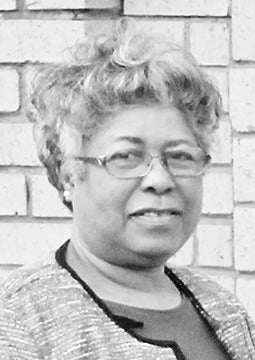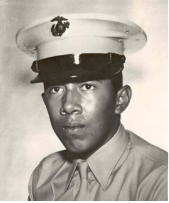Salter: Is the traditional two-party system on life support in America?
Published 12:00 am Thursday, March 10, 2016
STARKVILLE – When I went to my polling place on Tuesday, I approached the process with a feeling I’ve really never experienced since casting my first ballot almost 40 years ago.
I had to confront the reality that for perhaps the first time in my life, I really was not excited about voting for any of the choices available to me for the highest office in the land. And it wasn’t that some were more or less likeable than others or of the familiar process of holding one’s political nose and choosing the lesser of underwhelming candidates.
No, it was more a matter of admitting that “none of the above” was where both my heart and my head were on this otherwise gorgeous Tuesday morning.
I voted. I chose. My father and other veterans fought too hard and sacrificed too much for me to take the right to vote as less than a sacred duty of citizenship. But I certainly didn’t leave the polling place with the feeling that I had contributed much to the future awaiting the future generations of my family.
And driving to work, I confronted a more ominous question: Is the traditional two-party system in America on life support? Are we headed to some sort of European parliamentary system where coalition governments arise from electoral chaos and where power sharing leads to a peculiar kind of inertia in government?
But then I realized that I’d answered my own question. Our two-party system was one that worked because of the competition of dueling political, social, and economic philosophies. Those battles forged a healthy race for the hearts and minds of the majority of our countrymen.
That competition, however, was uniquely tempered by the notion that when the electoral dust settled, the ruling party got about the business of governing in concert with the losing party – the so-called “loyal opposition.”
For my generation, that partisan relationship was exhibited most readily by Republican Ronald Reagan and Democratic House Speaker Thomas P. “Tip” O’Neill. Despite a divided government, Reagan and O’Neill were able to govern by compromise, negotiation and a realization that the interests of the country weren’t served by the politics of personal and partisan destruction.
Yet over the last 20 years, we have reach a point that for many, the partisan path is a path of such ideological purity that merely winning an election isn’t good enough. For these voters, they want the political houses of their opponents burned down and if the country gets singed a little in the process, so be it.
The tone and tenor of the 2016 presidential campaigns in both parties has taken on the feel of television wrestling shows. What has passed for public discourse in this election cycle has run the gamut of misogyny, racism, personal insults that demean virtually everyone, and a mean-spirited lack of hope and promise for the future of our nation that is nothing short of depressing.
Temper the present dung heap of debates, town hall meetings, and staged candidate rallies with the residue of distrust in the basic mechanics of voting – think hanging chads, Diebold voting machines, and the Florida recounts – and you have a recipe for the present embarrassment of an election.
When Congress struggles to even pass a budget, when public policy is debated not over how it benefits or harms citizens but on how it injures or rewards politicians or their parties, the basic function of government – to protect and serve the citizens – simply gets lost in the shuffle.
Despite the confusion and seemingly rudderless feel of the presidential primaries, the Democratic and Republican parties will produce nominees and those nominees will meet in the general election. A third party candidate may yet rise and some believe that candidate may rise from among candidates already on the nation’s political stage.
What is less predictable is the impact of this election on political behavior by the voters. A little food for thought. In 1992 and 1996, Bill Clinton won huge electoral vote victories but never carried a majority of the popular vote in either election.
Elections, finally, are about numbers and political operatives who know how to manipulate those numbers. In both parties, the numbers remain largely up for grabs.
(Sid Salter is a syndicated columnist. Contact him at sidsalter@sidsalter.com)





